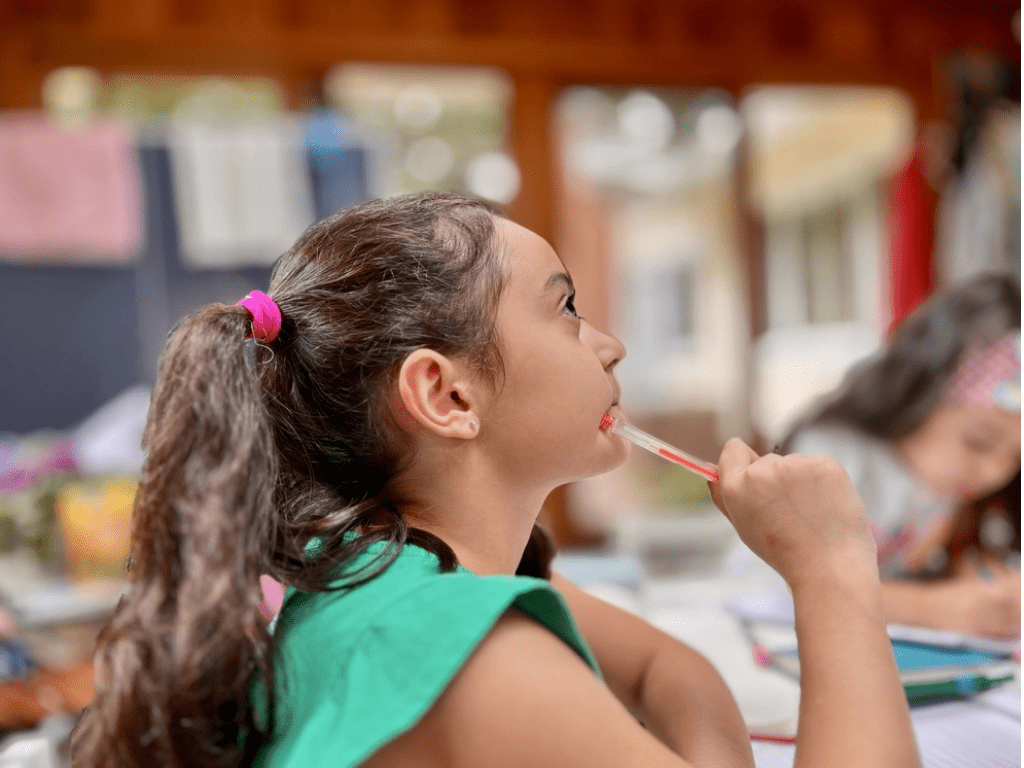As parents, teachers, or anyone involved in a child’s life, we’ve often heard the term critical thinking. It’s a skill that many believe is crucial for children to develop. But what does it mean? And why should every child have it? Critical thinking is the ability to think clearly, analyze information, and make decisions based on logic rather than emotion or guesswork. It’s not just about memorizing facts but understanding how to use them in real life.
Related: 9 Critical Thinking Examples to Boost Students’ Life
Importance of Critical Thinking for Students
Developing critical thinking prepares students to adapt to an ever-changing world, making them more resilient and capable of lifelong learning. Here are five key reasons why critical thinking is so important for every child.
1. Helps with Problem-Solving
Every child faces challenges, whether it’s completing a difficult puzzle, dealing with a disagreement, or figuring out how to fix a broken toy. Critical thinking helps them tackle these issues head-on by breaking problems down into smaller parts and finding logical solutions. Instead of always asking for help or giving up, children learn to ask questions like, “What can I do differently?” or “How can I make this work?”
Also Read: 14 Best Books to Improve & Learn Critical Thinking for Students
For example, if a child is struggling to finish a school project, critical thinking encourages them to figure out what’s not working and what steps they can take to fix it. This skill helps kids become independent problem-solvers.
2. Improves Decision-Making
Children are constantly making decisions—what to play with, who to be friends with, or how to spend their time. Critical thinking teaches kids to weigh their options and consider each choice’s consequences. It prevents them from making quick decisions without considering the results.
Also Read: Advantages of Extracurricular Activities
For instance, if a child is deciding whether to play outside or finish homework, critical thinking helps them think through the pros and cons. They learn to consider, “If I finish my homework now, I’ll have more time to play later without stress.” This thought process strengthens their ability to make better choices in the future.
3. Encourages Curiosity and Learning
Kids are naturally curious, always asking questions about the world around them. Critical thinking pushes them to dig deeper and not just accept things as they are. They start asking meaningful questions like why, how, and what if.
Also Read: 10 Books to Foster Open-Minded Thinking
For example, a child might not just learn that plants need sunlight to grow but might wonder, “Why do they need sunlight?” This curiosity makes learning more enjoyable and helps children understand things on a deeper level. Critical thinkers are often more engaged in their education because they see learning as an exploration rather than just following instructions.
4. Builds Confidence and Resilience
Children can get discouraged when things don’t go their way, like failing a test or losing a game. Critical thinking helps them look at failure differently. Instead of feeling upset or defeated, they start thinking, “What can I learn from this?” or “How can I do better next time?”
Also read: Time Management Techniques & Tips for Students
For example, if a child doesn’t do well on an exam, they might reflect on why that happened and what they can do to improve next time. This type of thinking builds their confidence because they understand that mistakes are part of learning. It also teaches them resilience—the ability to keep trying and not give up when faced with challenges.
5. Prepares Children for the Future
The world is constantly changing, and kids today will face a future full of unknowns. Critical thinking prepares them for this by teaching them how to think and adapt in different situations. Whether dealing with new technology, making important life choices, or solving complex problems, critical thinking will help children confidently navigate their future.
Rather than just learning facts that may change over time, kids who develop strong critical thinking skills will have the ability to learn, unlearn, and relearn throughout their lives. This flexibility is crucial for success in a fast-moving world.
Also Read: What are the Best Qualities of a Good Student?
Final Thoughts
Critical thinking is not just a school skill—it’s a life skill every child should have. It helps them solve problems, make better decisions, ask deeper questions, bounce back from failure, and prepare for the future. Encouraging children to think critically will help them grow into thoughtful, confident, and adaptable adults.
At Dr. Kishore Ratnam Schools, helping children develop critical thinking skills is a main focus. Our best schools in Tirupati, Nellore, Kavali, and Srikalahasti offer a curriculum that encourages curiosity and open-minded thinking. This well-rounded approach helps students become confident problem-solvers and better decision-makers. By enrolling your child here, you are giving them the tools to succeed in the future and face challenges with confidence and resilience.


